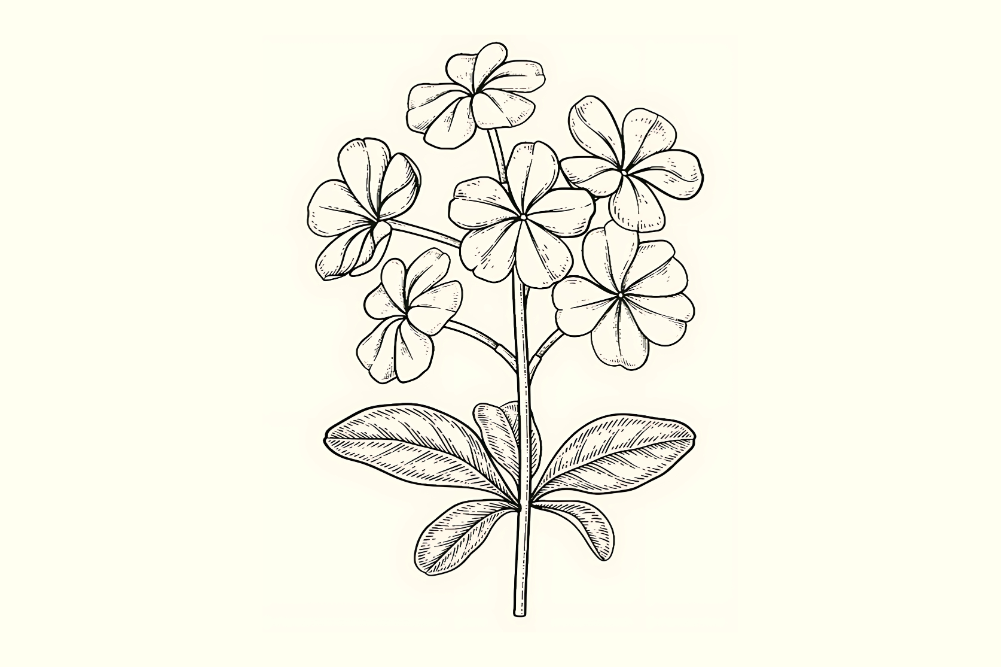Goji Berries: Natures Natural Healer
Also known as “wolfberries”, goji berries originated in China, Tibet and Nepal where they have been used for over 2000 years as a major rejuvenating and anti-ageing tonic.
Goji berries (Lycium barbarum or Lycium chinense) have been cultivated commercially along the fertile flood plains of the Yellow River in China for at least 700 years. They are one of the most widely used Chinese herbal medicines and are also one of the most scientifically researched of these medicines. There are several species which are largely interchangeable and have a long history of similar use. While the berries are popular as a medicinal food, the young leaves and shoots are also harvested as a leaf vegetable and the root has been used medicinally. The berries are commonly red but black varieties are also grown.
Active ingredients
Goji berries contain polysaccharides as the main medicinal components as well as small molecules such as betaine, beta-sitosterol, various vitamins and carotenoids such as zeaxanthin and carotene. They also contain flavonoids and equivalent vitamin C to fresh lemons. L. barbarum has higher levels of betaine and is sweeter than L. chinense. The berries are eaten raw or cooked, and drunk as a juice, a wine or a tea. They are also available as tinctures, extracts, powders and tablets.
Therapeutic uses
The proteoglycans (a type of polysaccharide) in goji berries have been shown to be antioxidant (black have a higher level of antioxidants than the red), anti-inflammatory, anti-excitotoxic (that is, they calm the nervous system) and antiapoptotic. They reduce oxidative stress, restore mitochondrial function, protect against and repair DNA damage and prevent cellular senescence. They show hypoglycaemic, hypolipidaemic, cardioprotective and antiviral activities and increase energy. In Traditional Chinese Medicine, the berries are anti-ageing and maintain the health of the eyes and strengthen the liver, the kidneys and lungs by boosting and balancing the yin and yang in the body.
Antioxidant for anti-ageing
Oxidative damage of biomolecules increases with age and is considered the major cause of many degenerative disorders, so antioxidants play an important role in slowing biological ageing. While there have been several positive studies on animals, clinical trials on humans have also indicated a significant improvement in multiple parameters of health in participants drinking 120mL of goji juice per day, compared to the control group. Blood parameters taken over 30 days indicated a substantial increase in antioxidant markers when consuming goji juice. Goji berries significantly inhibited damage caused by oxidative stress, and delayed ageing in the participants.
Eye health
Much of the scientific research on goji berries has been done on eye health, where they have been shown to improve eyesight and prevent macular degeneration. There is also research showing that goji berries prevent and treat a range of degenerative eye diseases including glaucoma, ischaemia-reperfusion injury, age-related macular degeneration, retinitis pigmentosa and diabetic retinopathy. Human studies have shown how eating goji berries regularly significantly increases a vital eye nutrient zeaxanthin in the body, a nutrient that maintains macular pigment density
in the eye.
Immune system
The ageing of the immune system is associated with a dramatic reduction in immune responsiveness as well as lowered function. This translates into less effective innate and adaptive immune responses, increased autoimmune reactivity and increased incidence of infectious diseases and cancers. Consuming goji berries regularly can improve multiple immune parameters, particularly in older people.
Cardiovascular
A 16-week human randomised controlled trial was conducted where the participants were instructed to cook and eat 15 grams of goji berries daily with their main meals. At the end of the trial, all participants showed a significantly higher HDL cholesterol than the controls and lower long-term cardiovascular risk, according to the Framington predictive long-term cardiovascular risk models.
Neurological system
An interesting study on 74 young people with an average age of 18 showed that taking goji berries for eight weeks produced a significant improvement in a range of learning and memory tests, indicating
a measurable cognitive enhancing effect.
The polysaccharides of Lycium fruit have neuroprotective properties, and early research is showing that this fruit has potential for the prevention and management of Alzheimer’s disease and the neurodegeneration of ageing.
Liver
Goji berries are known for “nourishing” the liver. They are useful for reducing the blood levels of homocysteine — a toxic byproduct of amino acid metabolism in the liver — possibly due to its levels of betaine. They also play a significant role in protecting the liver from the effects of toxic chemicals.
Anticancer
Goji berries show antitumour activities against a variety of cancer cells, including breast, cervical, colorectal, gastric, prostate and liver cancers as well as leukaemia and sarcomas through inducing apoptosis and cell cycle arrest, partially through their antioxidant effect but also with their ability to repair DNA damage. They have also been shown to reduce the organ toxicity associated with radiotherapy or chemotherapy.
While generally regarded as safe with studies done on people taking 15 grams daily for four months, with their activity on the liver goji berries may inhibit the metabolism of some pharmaceuticals such as warfarin or medication for diabetes or hypertension.
Cautions
Note: The majority of the goji berries produced (and available in Australia) are grown in China and Tibet, where fertilisers and organochlorine pesticides are routinely used, so make sure the ones you buy are organic.
References available on request.
Dr Karen Bridgman is a holistic practitioner at Lotus Health and Lotus Dental in Neutral Bay.







